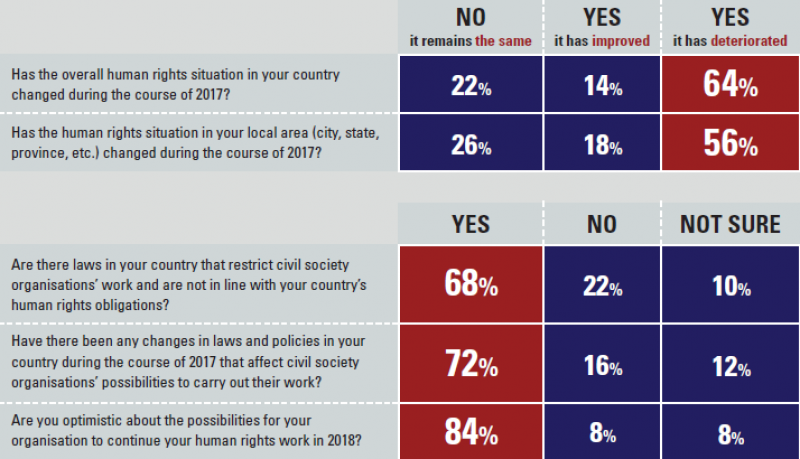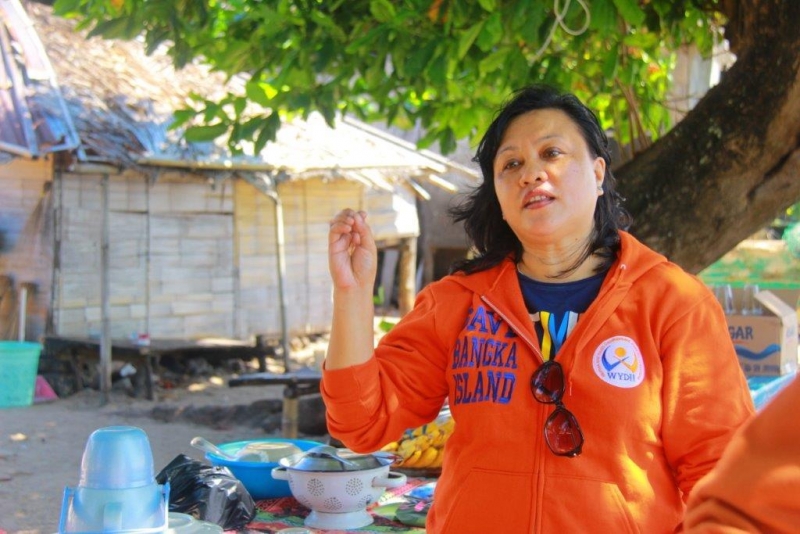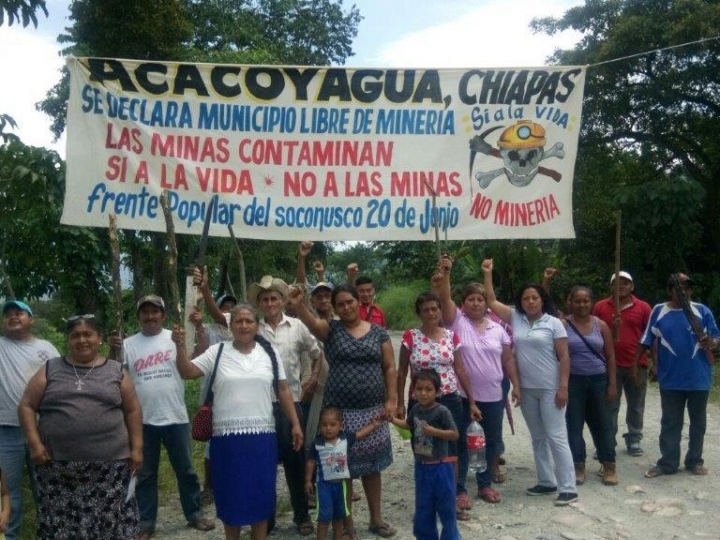The NHRF has developed a Human Rights Perception Index (HRPI), a survey that measures the human rights situation and perception among local grassroots organizations. Collected from our grantees since 2016, we asked whether they experienced that the human rights situation had changed, for better or worse, in their respective countries and in their local communities. This short survey gives us a glance at how human right defenders experience their work on the ground, and additionally, how they feel about their continued work in 2018.
Survey questions
We sent the survey out to 57 organizations and were pleased to have an enormous response. Because of this, we managed to collect data from 50 organizations. This has shown us that organizations are eager to share with us how they perceive their work in the frontline of human rights work. We were interested in evaluating the responses from these five questions.

When we asked about their insight into the human rights situation in their country, a disheartening high percentage answered it had deteriorated. Only 14% believed it had improved. At the local level, over half also meant the situation had deteriorated, but 18% meant the situation had somewhat been improved. This is higher than that of the country on the whole. This suggests that local human rights work should not be underestimated.
We were interested in understanding how these organizations are able to operate with a human rights agenda. Unfortunately, 68% answered that there are laws that restrict how civil society organizations work which contradict the countries’ obligations to human rights. Furthermore, this is an area which is changing rapidly, as 72% answered that during 2017 there were further changes to laws and policies that affect these organizations. From Thailand to Mexico, laws have been passed to reduce the right to social protest, assembly, and freedom of opinion. In other cases, existing laws are either not applied or misapplied, always in detriment of people’s rights, which are once again breached.
Despite these changes, these human rights defenders do feel optimistic about their continued work. This is not only an encouraging message to the NHRF who will continue to support such organizations, but it shows that human right defenders are not easily deterred in their activities!
HPRI 2018
The NHRF will continue to index human rights perceptions and this will give us a better impression of how human rights work is progressing globally. The perspective will be necessarily limited to the purview of their work, based on their perceptions and daily experience, but this is what is so important to capture in order to monitor human rights work from those who are at the frontline. This glance at what it is like to work with human rights in areas where human right defenders meet resistance, even violence, allows us to better understand and communicate about pressing human rights issues.
The HRPI survey will be sent out again early next year to document the changes that we will see in 2018.


